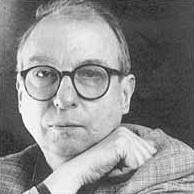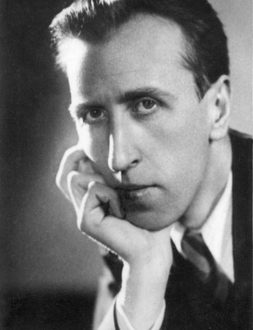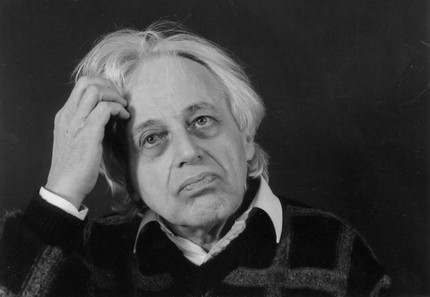
Josken Depre (Josken Depre) |
Josquin Depret
Josquin Despres is an outstanding representative of the Dutch school of polyphonists. The place of his birth has not been determined with certainty. Some researchers consider him a Flemish, although in many documents of the 1459th century. Josquin is named French. No reliable information has been preserved about the composer’s teachers. Most likely, one of them was the great I. Okegem. The first documentary evidence of the life of Josquin, which refers to him as a singer of the Milan Cathedral, refers only to 1459. He served in the Milan Cathedral with short breaks from 1472 to 1486. He was also probably at the court of the influential Cardinal Ascanio Sforza. The next well-documented mention of Josquin is in 60, when he was a choirboy in the papal chapel in Rome. At the age of about XNUMX, Josquin returns to France. An outstanding musical theorist of the XNUMXth century. Glarean tells a story that perhaps confirms Josquin’s connection to the court of Louis XII. The king ordered the composer a polyphonic play with the condition that he himself, as a singer, take part in its performance for a moment. The monarch had an unimportant voice (and probably hearing), so Josquin wrote the tenor part, consisting of … one note. True or not, this story, in any case, testifies to the great authority of Josquin both among professional musicians and among the highest circles of secular society.
In 1502, Josquin enters the service of the Duke of Ferrara. (It is curious that the duke, in search of the head of his court chapel, hesitated for some time between G. Izak and Josquin, but nevertheless made a choice in favor of the latter.) However, a year later Josquin was forced to leave the advantageous position. His sudden departure was probably caused by the outbreak of the plague in 1503. The duke and his court, as well as two-thirds of the city’s population, left Ferrara. Josquin’s place was taken by J. Obrecht, who fell victim to the plague at the beginning of 1505.
Josquin spent the last years of his life in the northern French city of Conde-sur-l’Escaut, where he served as rector of the local cathedral. The works of this period indicate the connection of Josquin with the Dutch polyphonic school.
Josquin was one of the greatest composers of the late Renaissance. In his creative heritage, the main place is given to spiritual genres: 18 masses (the most famous are “Armed Man”, “Pange lingua” and “Mass of the Blessed Virgin”), more than 70 motets and other smaller forms. Josquin succeeded in an organic combination of depth and philosophical ideas with a virtuoso technique of musical composition. Along with spiritual works, he also wrote in the genre of secular polyphonic songs (mainly on French texts – the so-called chanson). In this part of his creative heritage, the composer comes closer to the genre origins of professional music, often relying on folk song and dance.
Josquin was recognized already during his lifetime. His fame did not fade even in the XNUMXth century. He was praised by such prominent writers as B. Castiglione, P. Ronsard and F. Rabelais. Josquin was the favorite composer of M. Luther, who wrote about him: “Josquin makes the notes express what he wants. Other composers, on the contrary, are forced to do what the notes dictate to them.
S. Lebedev





